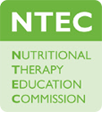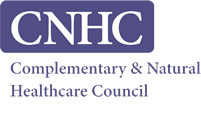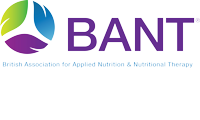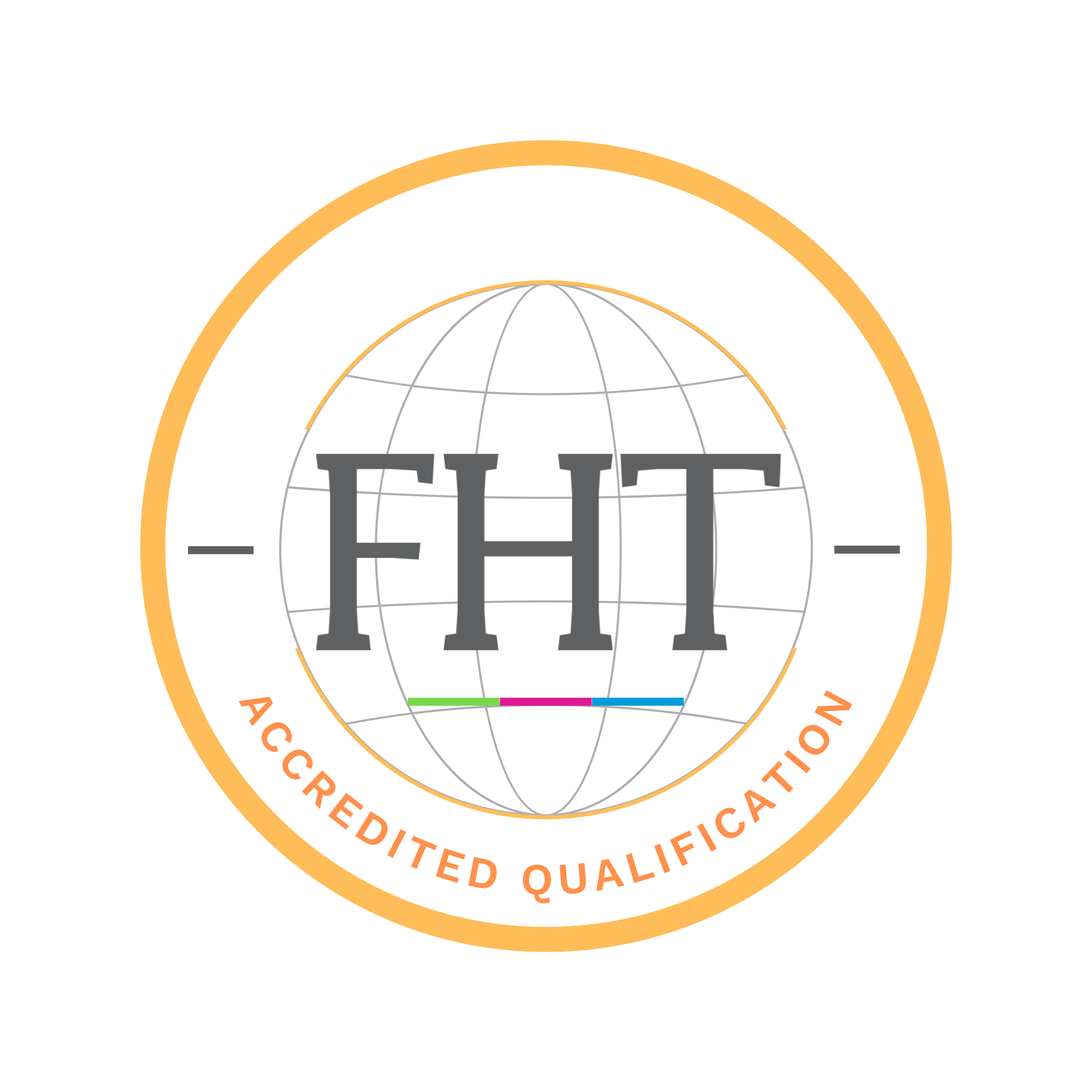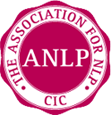Entry Requirements:
Biology ‘A’ level (or equivalent) or completion of Human Biology (Level 3) Bioscience Entry Module
Aims:
Personalised Nutrition needs to have an understanding of physiological processes in the body to understand fully the disease processes and implications for nutrient use. It is also important to understand how body systems are controlled and integrated, so that systemic imbalances (for example, resulting from nutrient deficiency) can be fully understood. This module aims to build on and expand the student’s existing knowledge of physiology, emphasising control systems and homeostasis in the body and will introduce the Functional Model.
Syllabus:
- Introduction to module and physiological concepts, reinforce the scientific method
- Complex systems, principles of homeostasis, positive and negative feedback mechanisms, allostasis and allostatic load
- Membrane dynamics, cellular regulation, plasmalemma and receptor proteins, signalling pathways, G-proteins, generation of cyclic AMP, protein kinases and phosphorylation cascades – phosphodiesterases, activation and inactivation of enzymes, regulation of plasma glucose by adrenaline, Pl3 DAG pathway, calmodulin and Ca2+
- Cellular Communication and Control: neuronal regulation, review of resting potential and action potential, synapses and postsynaptic receptors, neurotransmitters, cutaneous mechanoreceptors, regulation of heart rate and blood pressure, baroreceptors, limbic system, Bainbridge response, sino-atrial node, action of acetylcholine on muscarinic receptors on the atria and ventricles
- Cellular Communication and Control: endocrine and nervous system interaction, stress responses, corticosteroid functions, adrenaline and fight or flight response, chronic stress.
- Cellular Communication and Control: calcium homeostasis, activity of parathormone, calcitonin/calcitriol on bone homeostasis, vitamin D activity and calcitriol formation. Regulation of water balance. Blood plasma and blood cells, blood homeostasis, platelets, prostacyclin and thromboxane and platelet aggregation, role of aspirin, clotting cascade intrinsic and extrinsic pathways, action of warfarin and heparin, plasmin and fibrinolysis
- Reproduction, pregnancy, weaning, menopause
- Gut structure and function, regulation of gastric secretions, mechanism of gastric secretion, the enteric nervous system of the intestine – its role in secretion and peristalsis
- Muscle structure, nervous system control of muscle activity, molecular events in muscle contraction
- Cells of the immune system, granulocytes, macrophages, lymphocytes and dendritic cells. The lymphatic system and lymphoid tissue. The immune response, antigens and antibodies – immunoglobulin structure, the major histocompatibility complex (MHC), complement, activation of B-cells by CD4+ cells and antibody secretion, CD8+ cells and their role in destroying transformed cells, viruses
- pH regulation, role of lungs, kidneys and buffers, acidosis and alkalosis
Learning Outcomes:
On completion of the module, the successful student will be able to:
- Identify factors in the control of digestive function
- Explain the interaction of hormonal and nutritional factors in the control of bone metabolism
- Describe the events in the liver and the blood that lead to blood clotting and fibrinolysis, identifying the roles of the major anti-clotting agents in these processes
- Demonstrate an understanding of the immune system function
- Describe major homeostatic mechanisms in the cardiovascular system, regulation of pH, water balance and stress responses
- Describe nervous system control of muscle activity and molecular events in muscle contraction
- Explain the principles of homeostasis, allostasis and allostatic load
- Accurately collect, represent and interpret scientific information






